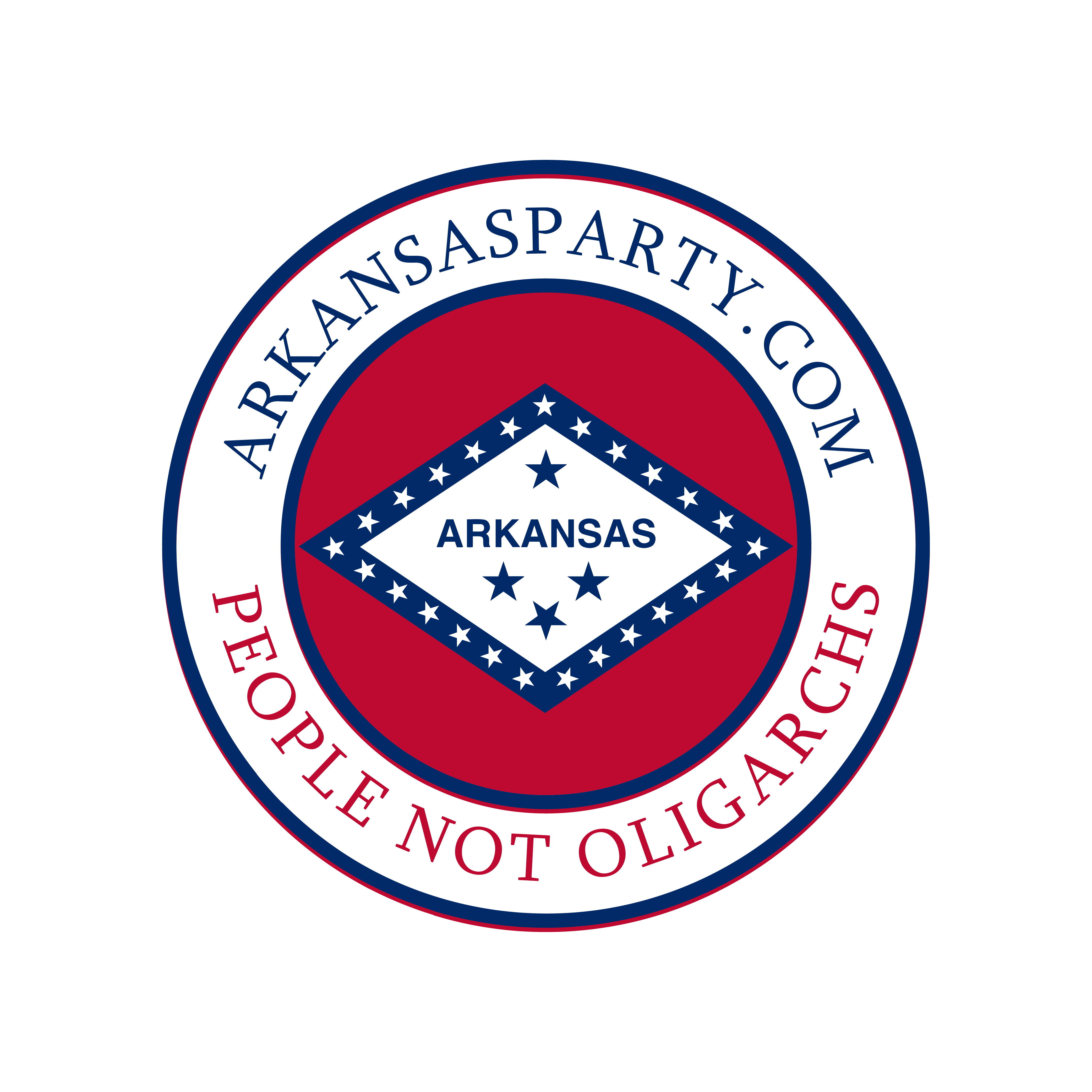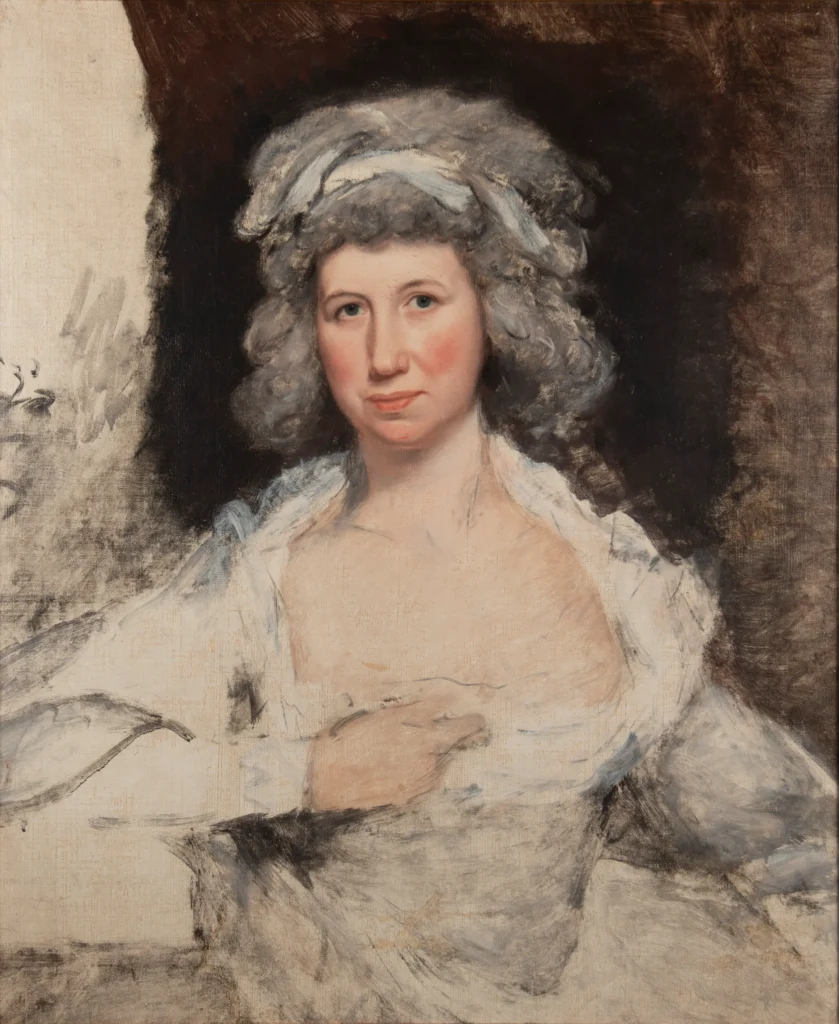The apathy surrounding Constitution Day is probably by design. Constitution Day is an important occasion to reflect on the fundamental principles guiding our nation’s governance.
The most important thing to remember about Constitution Day, besides the people involved, is that it reflects that our nation was established as a Republic, not a Monarchy or an Oligarchy. A Free Republic is of, by, and for the people.
Constitution Day, also known as Constitution and Citizenship Day in the United States, is observed on September 17th each year to commemorate the signing of the U.S. Constitution in 1787.
Here are a few reasons why there might be apathy surrounding Constitution Day and some suggestions for addressing this issue:
- Lack of Education: Many people may not fully understand the significance of the Constitution or the rights and responsibilities it guarantees. Increasing public education about the Constitution, its history, and its relevance today can help combat this apathy.
- Absence of Public Engagement: Constitution Day may lack the public engagement and enthusiasm seen on other holidays or events. Encouraging civic organizations, schools, and communities to organize discussions, lectures, or activities related to the Constitution can help generate interest.
- Overlooked Importance: In some cases, Constitution Day may be overshadowed by other holidays or events, leading to apathy. Promoting Constitution Day through social media, news outlets, and educational institutions can help raise awareness.
- Political Polarization: In a politically polarized environment, discussions about the Constitution can sometimes become divisive. Efforts to foster respectful and inclusive dialogue about the Constitution’s principles and interpretation can help mitigate this issue.
- Lack of Relevance: Some individuals may perceive the Constitution as outdated. Highlighting its enduring relevance and how it continues to shape modern governance and protect individual rights can help counter this perception.
- Celebratory Spirit: Constitution Day should be an occasion for celebration and reflection. Encourage schools, local governments, and organizations to hold events celebrating the Constitution’s principles and the nation’s commitment to the rule of law.
- Youth Engagement: Engaging young people in discussions and activities related to the Constitution is crucial. Schools and educational institutions can be vital in teaching students about the Constitution and its importance in a democratic society.
By addressing these issues and promoting a better understanding of the Constitution’s significance, we can work toward reducing apathy surrounding Constitution Day and fostering a stronger sense of civic engagement and responsibility. The Constitution is the foundation for the functionality of our Republic.
On the final day of the Constitutional Convention in 1787, when our Constitution was adopted, Americans gathered on the steps of Independence Hall to await the news of the government our founders had crafted. They asked Benjamin Franklin, ‘What do we have, a republic or a monarchy?’ Franklin replied, ‘A republic, if you can keep it.’ Our responsibility is to keep it.”
Franklin’s “A republic, if you can keep it” line is as memorable as it is catchy, but it is easy to miss the most important element of the story: Who asked Franklin the question that sparked his witty response? It was Elizabeth Willing Powel, a pivotal woman of the founding era who has been largely erased from this story. Her erasure not only creates a founding-era political history artificially devoid of important people who had contributed plenty to what remains of this significant of our founding era.
Elizabeth Willing Powel was a prominent American woman who played a significant role in the early history of the United States, particularly during the nation’s founding period. She was born on February 21, 1743, in Philadelphia, Pennsylvania, and died on January 17, 1830. Elizabeth Powel is primarily remembered for her social and intellectual influence on the political elite of her time.
Here are some critical aspects of her significance in the nation’s founding:
Social and Intellectual Influencer:
Elizabeth Powel was known for hosting a prominent and influential salon in her Philadelphia home during the late 18th century. She was an influencer long before being an influencer became a vocation. Her salon became a gathering place for politicians, diplomats, intellectuals, and other notable figures of the era. This allowed her to discuss politics, philosophy, and the day’s issues.
She had close relationships with many Founding Fathers, including Benjamin Franklin, George Washington, and John Adams.
Correspondence and Advice:
Elizabeth Powel corresponded with several Founding Fathers, exchanging letters and offering her opinions on political matters. Her letters often reflected her support for the new nation’s principles and insights into the challenges facing the fledgling United States.
Friend of George Washington:
She had a particularly close friendship with George Washington, who sought her advice and valued her opinions. Several letters between Washington and Powel illustrate their mutual respect and the depth of their relationship.
Support for the Federalists:
Elizabeth Powel supported the Federalist Party, which advocated for a strong central government and the ratification of the U.S. Constitution. Her influence within Philadelphia’s political and social circles helped promote Federalist ideas during a crucial time in American history.
Witness to Historical Events:
As a resident of Philadelphia, she witnessed many significant events during the American Revolution and the early years of the United States, including the Constitutional Convention of 1787, which took place in the city. Her proximity to these events and her interactions with key figures made her a valuable witness to history.
In summary, Elizabeth Willing Powel was a notable figure in the early United States who used her social and intellectual influence to contribute to the nation’s founding. Her role in hosting a salon, corresponding with Founding Fathers, and supporting Federalist principles helped shape her time’s political and social landscape. Her interactions with prominent figures and involvement in her era’s intellectual and political discussions make her a significant figure in early American history.
Call to Action
The Arkansas Party needs a few thousand magnificent women to continue the great work Elizabeth Willing Powel became known for. While most homes have small living rooms today instead of salons, we can humbly begin with self-contained RVs with awnings, folding tables, chairs, and bake cookies in the public squares and merchant centers all over Arkansas.
Arkansas Needs an Elizabeth Willing Powel Day
When the Arkansas Party becomes the dominant party here in the State of Arkansas, this should become a goal of the Arkansas Legislature and Arkansas Governor. Speaking of Arkansas Governor, we will run candidates for all the 2026 race, along with Lt. Governor, Attorney General, and all the State Constitutional offices. Will you be one of them?

